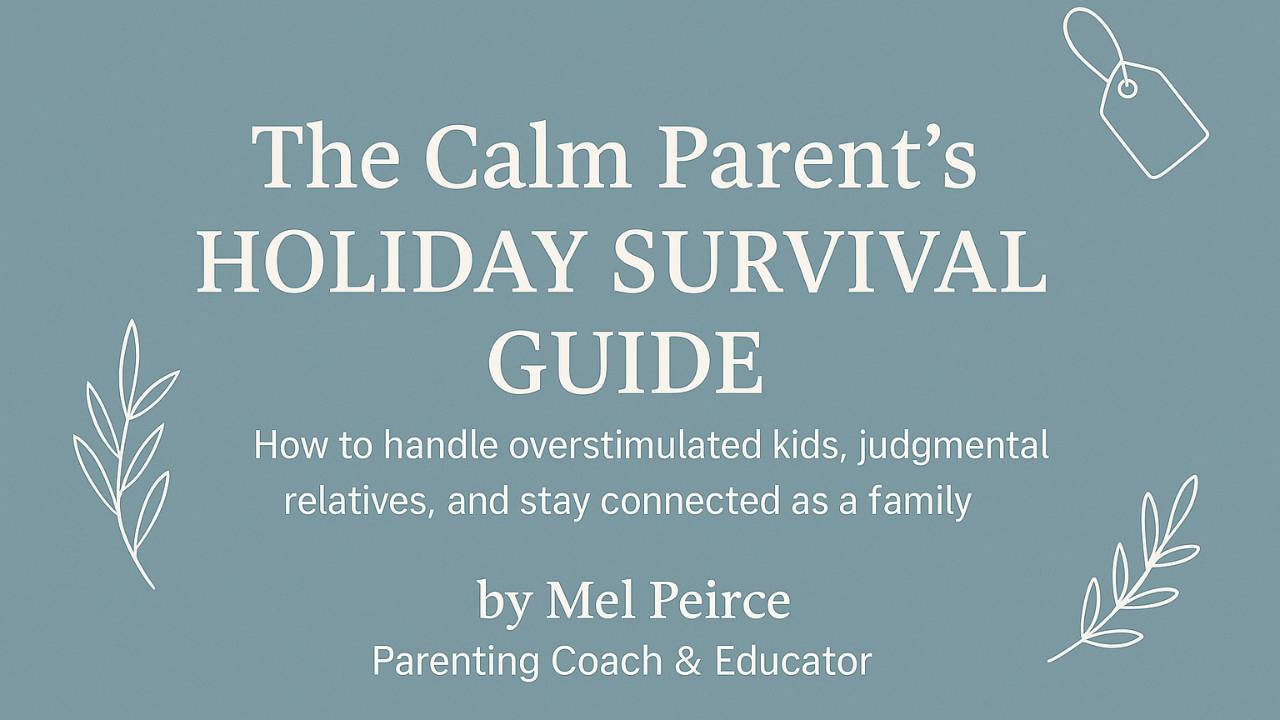The Power of High Five's
Apr 14, 2024
Do you ever give your kids a High Five as a way to celebrate an achievement or encourage them to keep going? The power of High Fives has been well documented in a number of studies, and since April 18th is National High Five Day, I wanted to highlight the power of this great tool you can use with your kids and yourself.
In a study titled “High Fives Motivate”, published in Frontiers in Psychology, researchers split school-aged children into three groups, each assigned a variety of difficult tasks. Each group was encouraged in one of three different ways. One group was praised based on a personal trait — You are a good drawer. The second group was praised based on effort — You did a good job drawing. The third group was simply given a High Five.
Giving a child a High Five was by far the best motivator, and the students that received the High Fives were the most persistent and kept going despite making mistakes. According to Mel Robbins, author of The High Five Habit, giving a High Five means a shared celebration. When you give your child a High Five, you are not passively praising them for their skills, efforts or grades. You are celebrating with them and getting them to cheer for themselves.
And when you use the High Five as a form of encouragement, you are telling your child I believe in you — and you convey your belief in them when they may not believe it for themselves yet. Our children often look to us to figure out how to think and feel, and our belief in them can help them keep going when they experience nervousness, fear, or doubt.
If you haven’t read The High Five Habit, I highly recommend it. It covers the science behind the power of the High Five, and Mel shares her personal experience and success as well as real life results that people are getting from the High 5 Habit. Remember, our kids learn best from what we model for them.
I also invite you to consider the daily High Five Habit of high fiving yourself in a mirror each morning to encourage and cheer for yourself as well. Let’s face it, very rarely do we ever get appreciation back at the same level that we give, which can leave us feeling resentful — and we are rarely nice or in a good mood when we’re feeling resentful.
Consider that life is like a marathon and your future self is at the finish line, waiting to see you cross. Imagine that the race is hard, you stumble, and you fall. How does the person at the finish line treat you as you struggle? In the race metaphor, you’re not likely kicking her when she falls down — but that’s what we do to ourselves in our lives.
But what if you could offer more encouragement, lend a hand, and appreciate your efforts more along the way in the marathon of your life? Parenting can be hard, and sometimes just getting through the day can be an accomplishment — so take the time to appreciate and celebrate your efforts. Imagine high-fiving yourself in the mirror with a Yay You! It’s been tough and you’re getting through it. Great job!
The High Five is just one of the many science backed tools in my Confident Parenting Toolbox. If you would like to learn more tools and strategies for your parenting toolbox, I encourage you to check out my upcoming free & virtual workshop on How to Stay Calm & Stop Yelling. Click here to learn more and register!
Join the Confident Parenting Community.
Receive the latest tips and tools from the Confident Parenting Toolbox to support your kids
(and yourself!) with today's challenges so your whole family can thrive.
We hate SPAM. We will never sell your information, for any reason.


